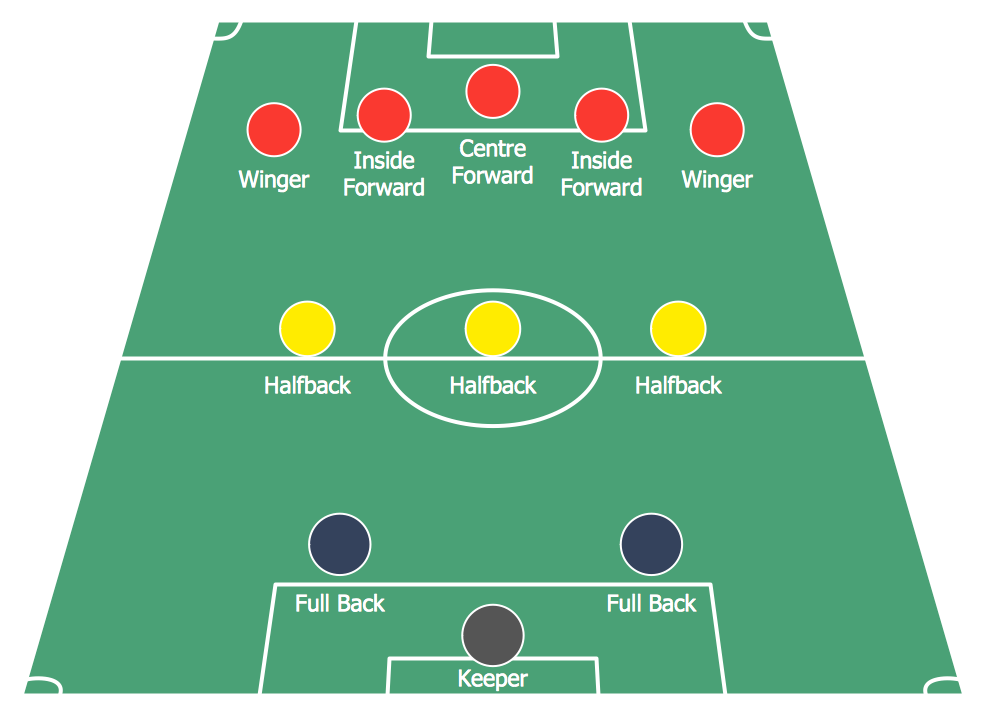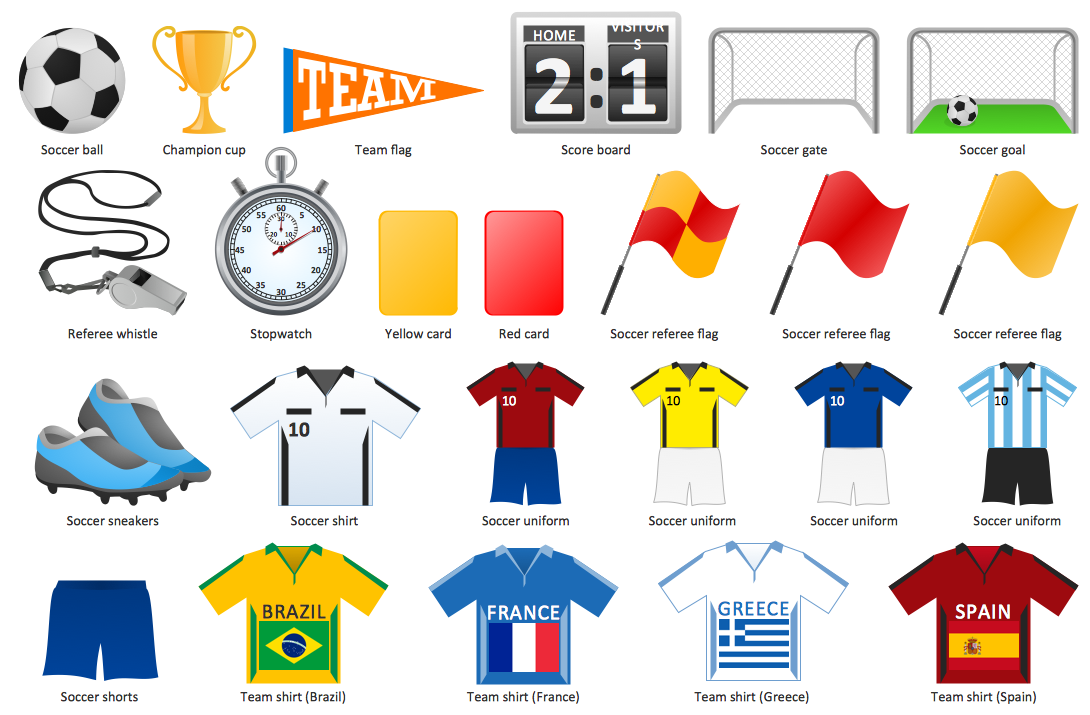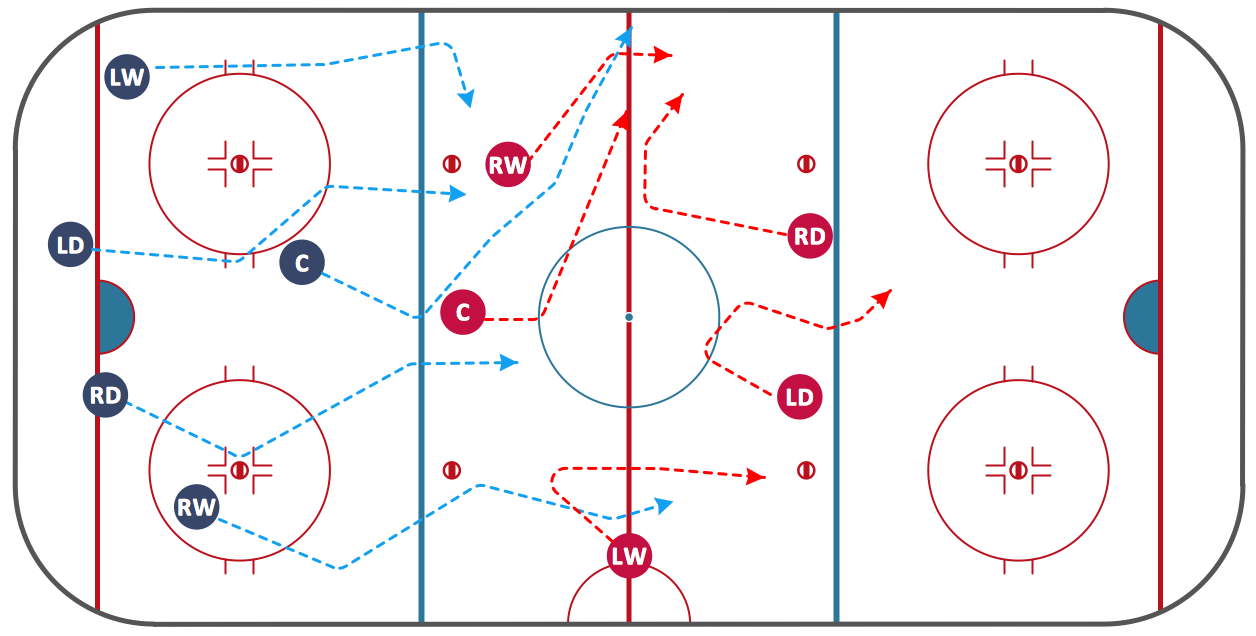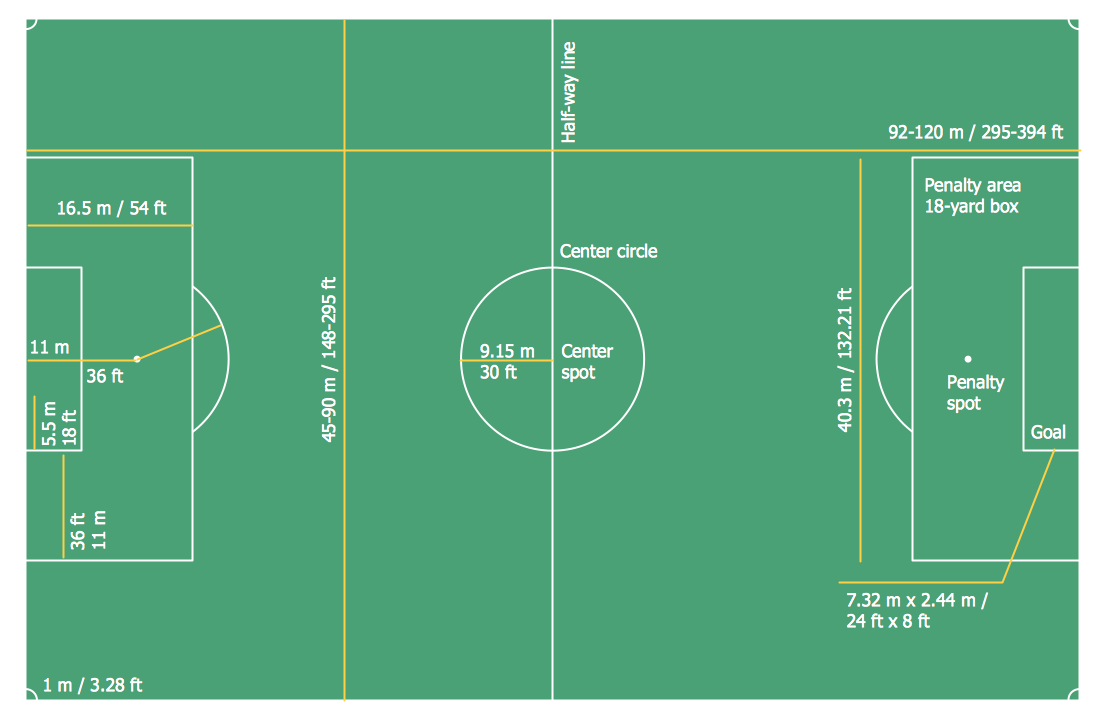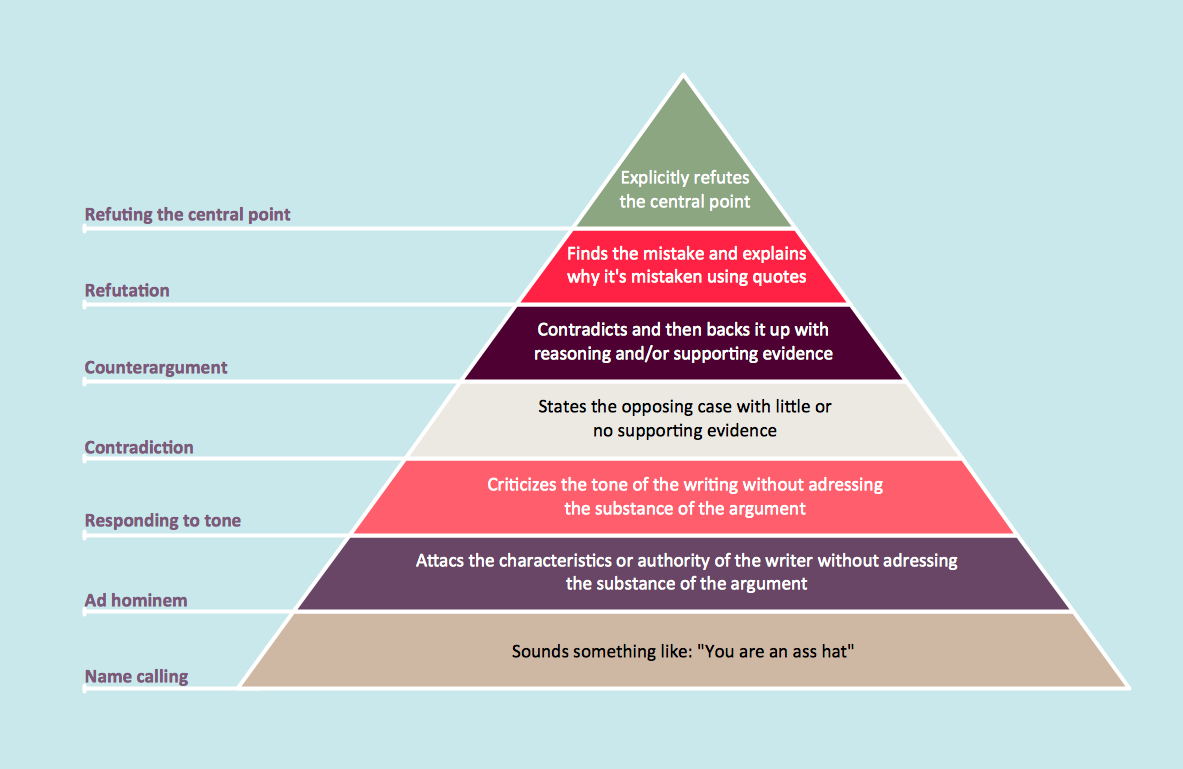Soccer (Football) Positions
Explaining soccer positions becomes much more easier and time saving with visual drawings. ConceptDraw PRO software extended with the Soccer solution from the Sport area of ConceptDraw Solution Park is very useful tool that will help you design the soccer-related drawings of any complexity in minutes.Offensive Play – Double Wing Wedge – Vector Graphic Diagram
Producing football diagrams using ConceptDraw PRO software takes seconds, not minutes. Thanks to Football solution from the Sport area of ConceptDraw Solution Park all you need is just drag and drop ready-to-use positions objects to a template contains football field, and place positions on the field.Learning football offensive and defensive plays and strategies becomes easier when using ConceptDraw PRO. Scalable vector graphics created in ConceptDraw PRO are easy to show on a large screen, so preparation for game day becomes more visual.
The American football positions diagram example "Offensive play - Double wing wedge" was created using the ConceptDraw PRO diagramming and vector drawing software extended with the Football solution from the Sport area of ConceptDraw Solution Park.
The American football positions diagram example "Offensive play - Double wing wedge" was created using the ConceptDraw PRO diagramming and vector drawing software extended with the Football solution from the Sport area of ConceptDraw Solution Park.
Defensive Strategy Diagram – 46 Defence
Drawing defensive strategy diagrams using ConceptDraw PRO software extended with the Football solution saves your time, and adds more value to your work. You can easily convert vector drawing to a popular graphic format and then post it to your blog or site. There is no problem to add your logo or text copyright, or use some text comments to make your diagrams unique and recognizable.The vector stencils library "Hockey positions" contains 13 symbols for drawing ice hockey player positions diagrams.
The symbols example "Design elements - Ice hockey positions" was created using the ConceptDraw PRO diagramming and vector drawing software extended with the Hockey solution from the Sport area of ConceptDraw Solution Park.
The symbols example "Design elements - Ice hockey positions" was created using the ConceptDraw PRO diagramming and vector drawing software extended with the Hockey solution from the Sport area of ConceptDraw Solution Park.
"In American football, a T formation (frequently called the full house formation in modern usage) is a formation used by the offensive team in which three running backs line up in a row about five yards behind the quarterback, forming the shape of a "T".
Numerous variations of the T formation have been developed, including the Power-T, where two tight ends are used, the Pro T, which uses one tight end and one wide receiver, or the Wing T, where one of the running backs (or wingback) lines up one step behind and to the side of the tight end. Any of these can be run using the original spacing, which produced a front of about seven yards, or the Split-T spacing, where the linemen were farther apart and the total length of the line was from 10-16 yards." [T formation. Wikipedia]
The American football positions diagram example "Offensive formation - T-formation" was created using the ConceptDraw PRO diagramming and vector drawing software extended with the Football solution from the Sport area of ConceptDraw Solution Park.
Numerous variations of the T formation have been developed, including the Power-T, where two tight ends are used, the Pro T, which uses one tight end and one wide receiver, or the Wing T, where one of the running backs (or wingback) lines up one step behind and to the side of the tight end. Any of these can be run using the original spacing, which produced a front of about seven yards, or the Split-T spacing, where the linemen were farther apart and the total length of the line was from 10-16 yards." [T formation. Wikipedia]
The American football positions diagram example "Offensive formation - T-formation" was created using the ConceptDraw PRO diagramming and vector drawing software extended with the Football solution from the Sport area of ConceptDraw Solution Park.
The vector stencils library "Hockey positions" contains 13 symbols for drawing ice hockey player positions diagrams.
The symbols example "Hockey positions - Vector stencils library" was created using the ConceptDraw PRO diagramming and vector drawing software extended with the Hockey solution from the Sport area of ConceptDraw Solution Park.
The symbols example "Hockey positions - Vector stencils library" was created using the ConceptDraw PRO diagramming and vector drawing software extended with the Hockey solution from the Sport area of ConceptDraw Solution Park.
Ice Hockey Rink Dimensions
Meeting ice hockey rules one should learn ice hockey rink terms, lines, zones etc. ConceptDraw PRO is an advanced drawing software that allows you produce ice hockey rink depiction of any complexity, from simple sketch drawing to detailed one as on example below.Soccer (Football) Tactics
To quick and easy draw the diagrams with soccer (football) tactics, use the "Soccer (Football) Fields" and "Soccer (Football) Positions" libraries from the Soccer solution from the Sport area of ConceptDraw Solution Park"In ice hockey, a play is offside if a player on the attacking team enters the offensive zone before the puck, unless the puck is sent or carried there by a defending player. When an offside violation occurs, a linesman will stop play. A faceoff is then held at a neutral ice spot closest to the infraction to restart play. ...
The National Hockey League (NHL) and International Ice Hockey Federation (IIHF) apply similar rules for determining offside. A player is judged to be offside if their skates completely cross the blue line dividing their offensive zone from the neutral zone before the puck completely crosses the same line. In both organizations, it is the position of a player's skates that are important. They cannot use their stick or other part of their body to remain onside. The lone caveat to this rule is that an attacking player's skates may precede the puck into the attacking zone when they are skating backwards and if they are in control of the puck." [Offside (ice hockey). Wikipedia]
The ice hockey tactic diagram example "Offside (ice hockey)" was created using the ConceptDraw PRO diagramming and vector drawing software extended with the Hockey solution from the Sport area of ConceptDraw Solution Park.
The National Hockey League (NHL) and International Ice Hockey Federation (IIHF) apply similar rules for determining offside. A player is judged to be offside if their skates completely cross the blue line dividing their offensive zone from the neutral zone before the puck completely crosses the same line. In both organizations, it is the position of a player's skates that are important. They cannot use their stick or other part of their body to remain onside. The lone caveat to this rule is that an attacking player's skates may precede the puck into the attacking zone when they are skating backwards and if they are in control of the puck." [Offside (ice hockey). Wikipedia]
The ice hockey tactic diagram example "Offside (ice hockey)" was created using the ConceptDraw PRO diagramming and vector drawing software extended with the Hockey solution from the Sport area of ConceptDraw Solution Park.
Soccer (Football) Formation
Using diagrams is the easiest way to explain the soccer formations. The Soccer solution from the Sport area of ConceptDraw Solution Park is designed as a tool that helps you produce the soccer diagrams in a few minutes. The predesigned samples of the Soccer solution for ConceptDraw PRO depict the most popular formation diagrams.Soccer (Football) Illustrated
It’s very important that your soccer drawing looked beautiful, interesting and attracted the attention. For this it is necessary add the illustrations! The Soccer solution delivers several libraries with predesigned bright and interesting clipart objectsIce Hockey Diagram – Defensive Strategy – Neutral Zone Trap
In ConceptDraw PRO you can produce ice hockey diagrams of any complexity for any presentaion needs, using a combination of tools. To adopt the sample below for presentation needs place positions and arrows onto different layers of your document and then make them visible one by one during a presentation.Soccer (Football) Dimensions
The Soccer solution from the Sport area of ConceptDraw Solution Park is designed as a tool that helps produce soccer illustrations of any complexity in minutes. You can quick and easy design the professional looking plan of the soccer field with set up dimensions.Pyramid Diagram
A triangular graphic representing Graham's "hierarchy of disagreement", based on Paul Graham's March 2008 essay "How to Disagree".- Draw A Football Field And Number The Player Wings
- Football Wings And Their Numbers
- Position Of Wing Of Footballers In The Pitch And Their Numbers
- Player Wing Positions On The Pitch With Images Numbers
- Number Wing Position In Football
- Football Field Dimensions And Players Wing Numbers
- Numbers And Their Wing On The Field
- Soccer (Football) Positions | Offensive Play – Double Wing Wedge ...
- Football Pitch Wings And Numbers Position
- Football Pitch Wings Number
- Soccer (Football) Positions | Offensive Play – Double Wing Wedge ...
- Soccer (Football) Positions | Offensive Play – Double Wing Wedge ...
- Image Of Positions And Their Numbers On The Field
- Wings In A Football And Their Picture
- Images Of A Football Field Numbers With Their Positions Of Players
- A Field Picture With Each Wing Number
- Football Positions In Field And Their Numbers
- Diagram Illustration Of Football Pitch And Wings Number
- Football Wing Numbers
- Football Pitch Wing Numbering
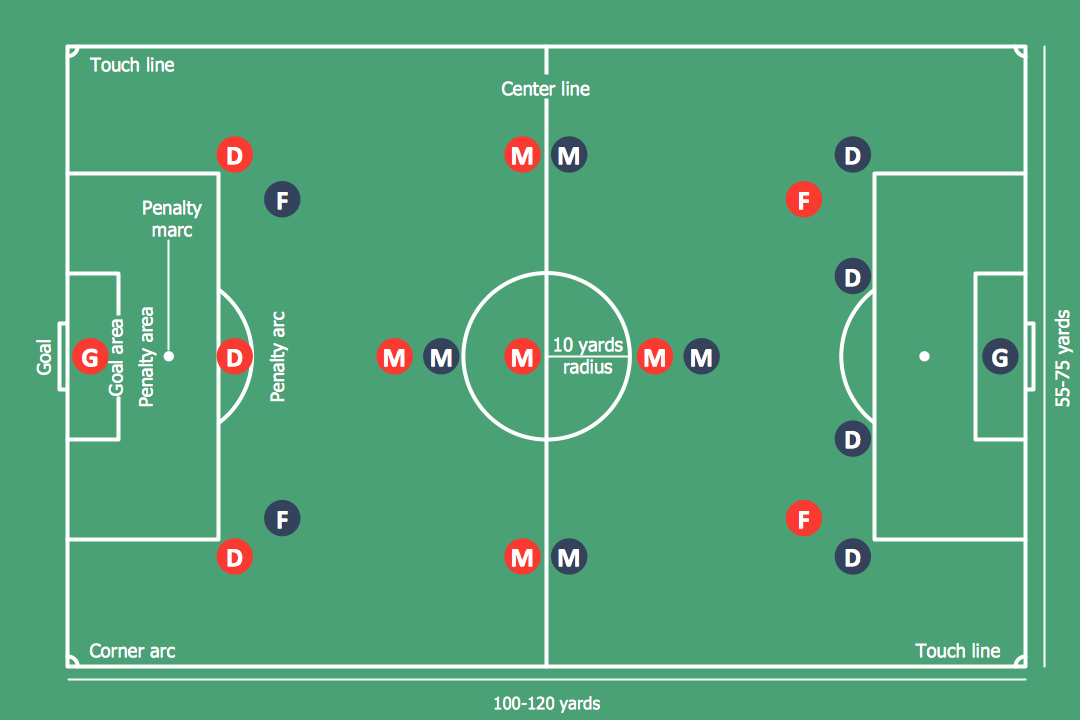
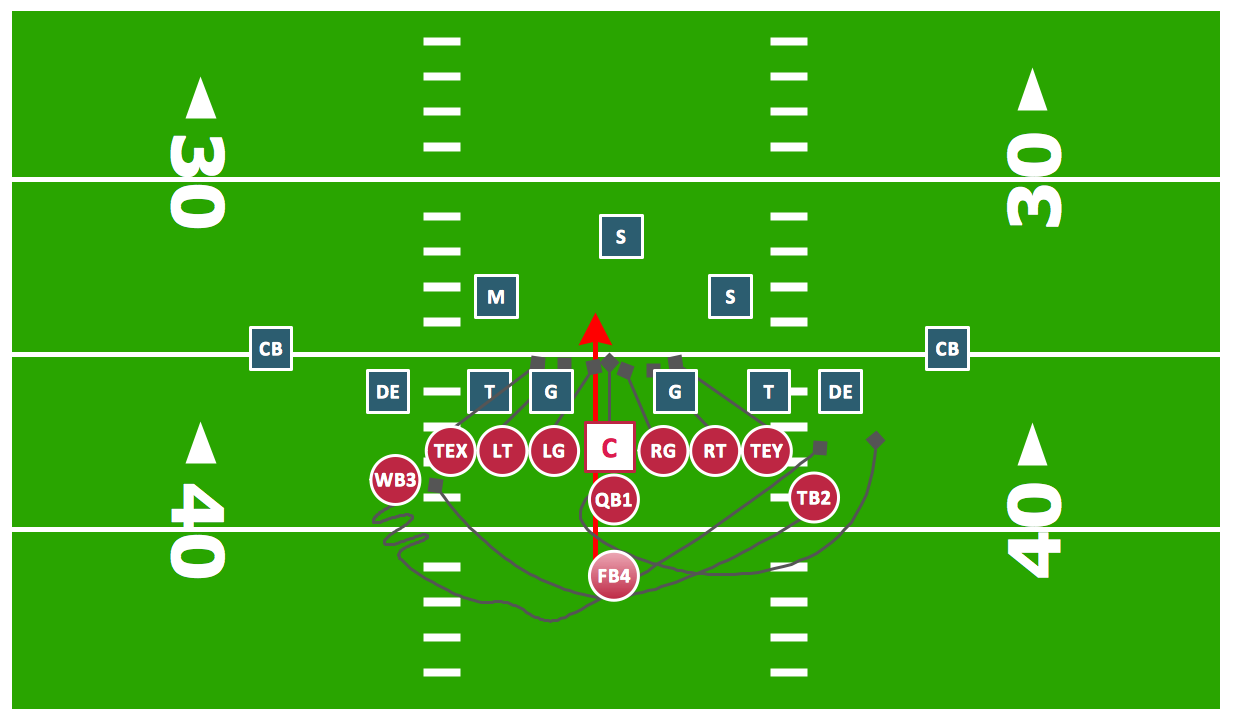
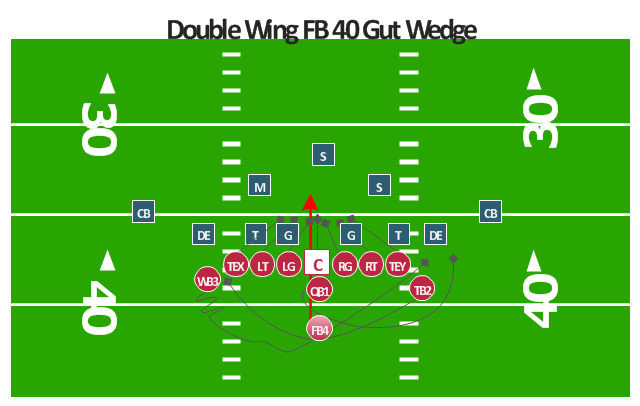
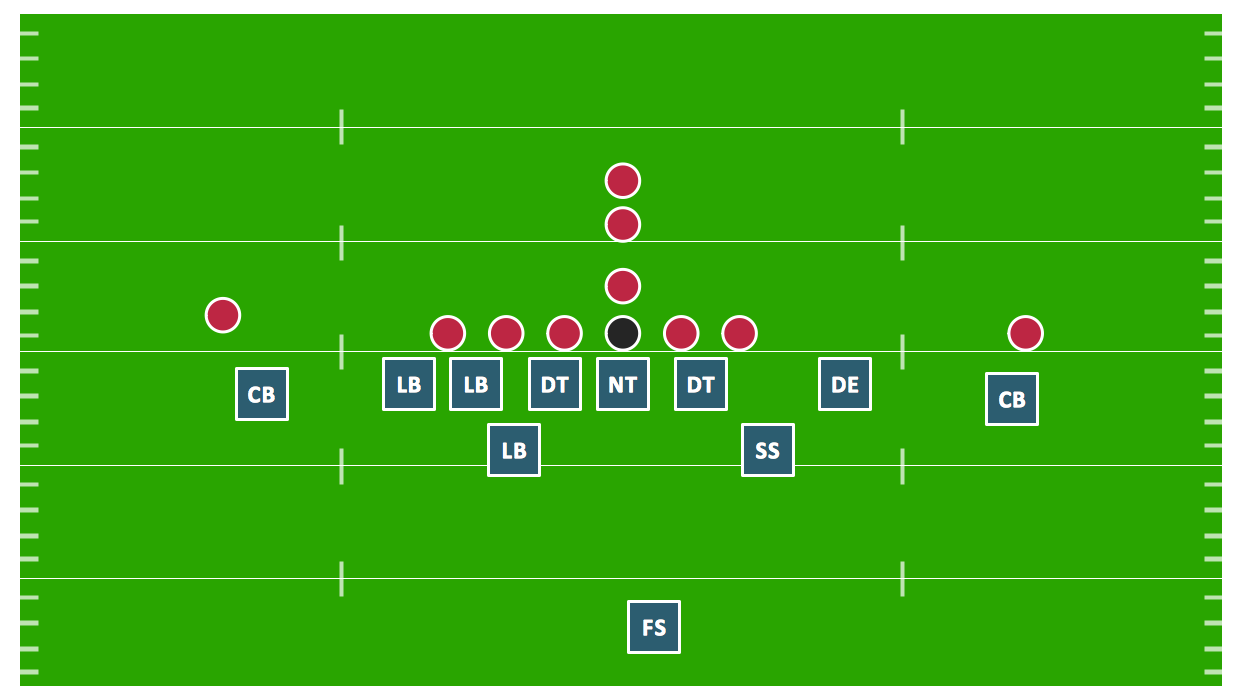

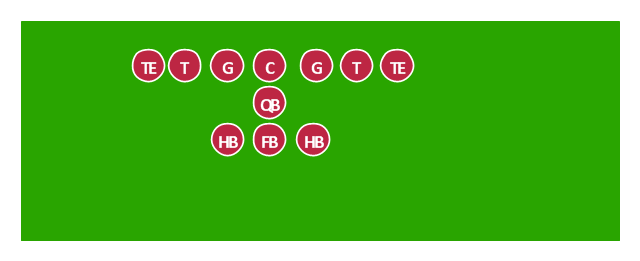












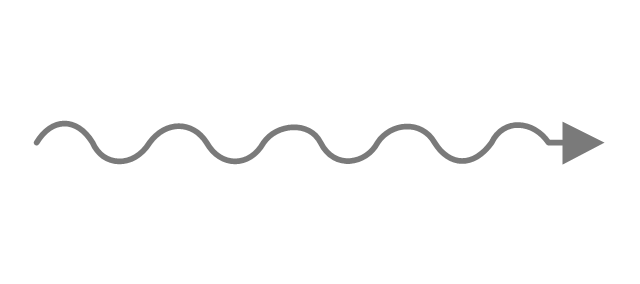
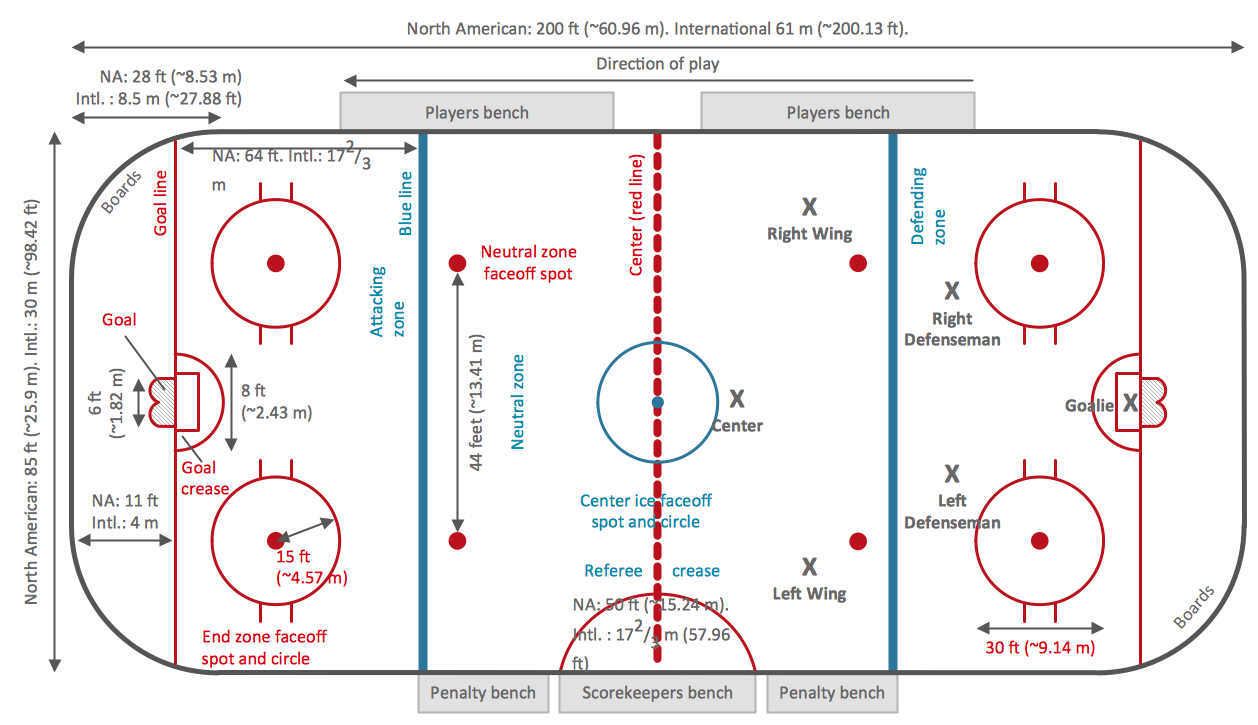
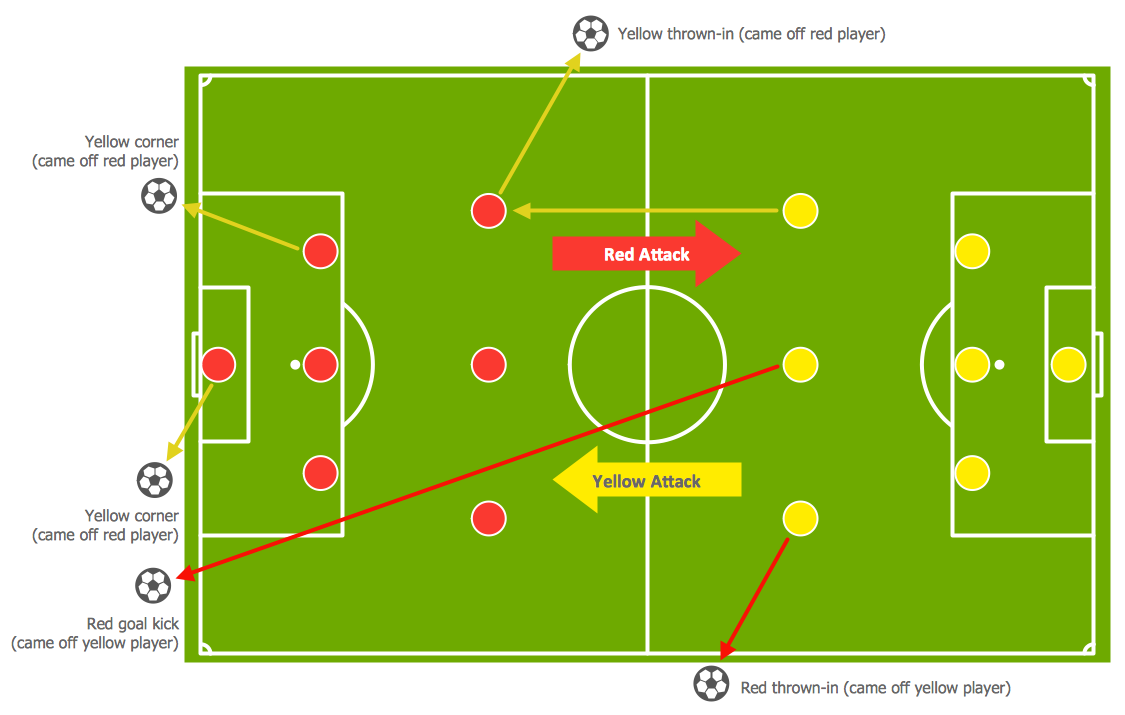
.png--diagram-flowchart-example.png)
